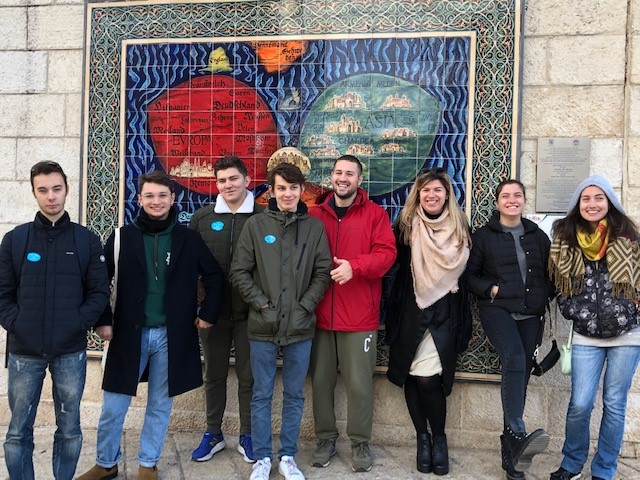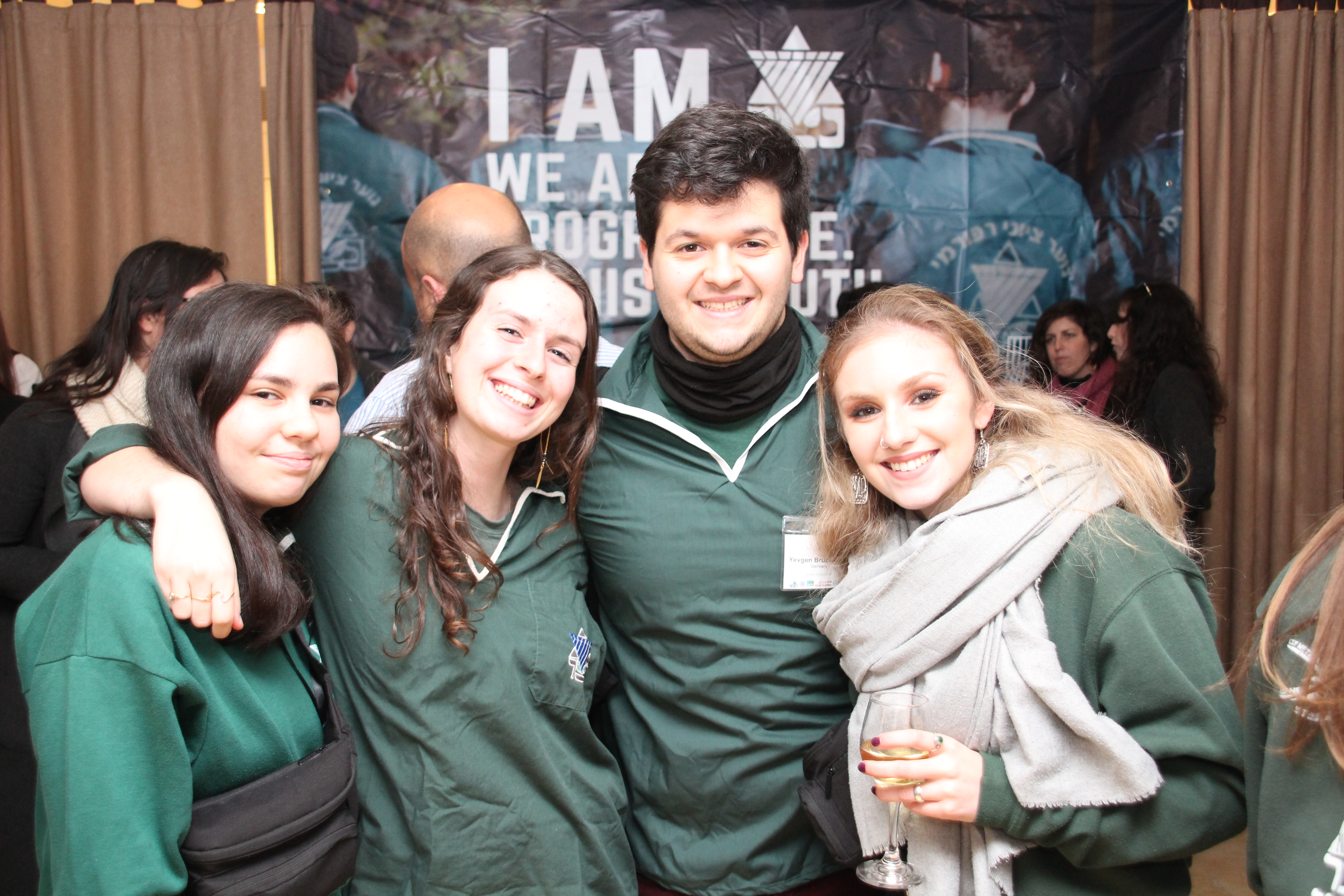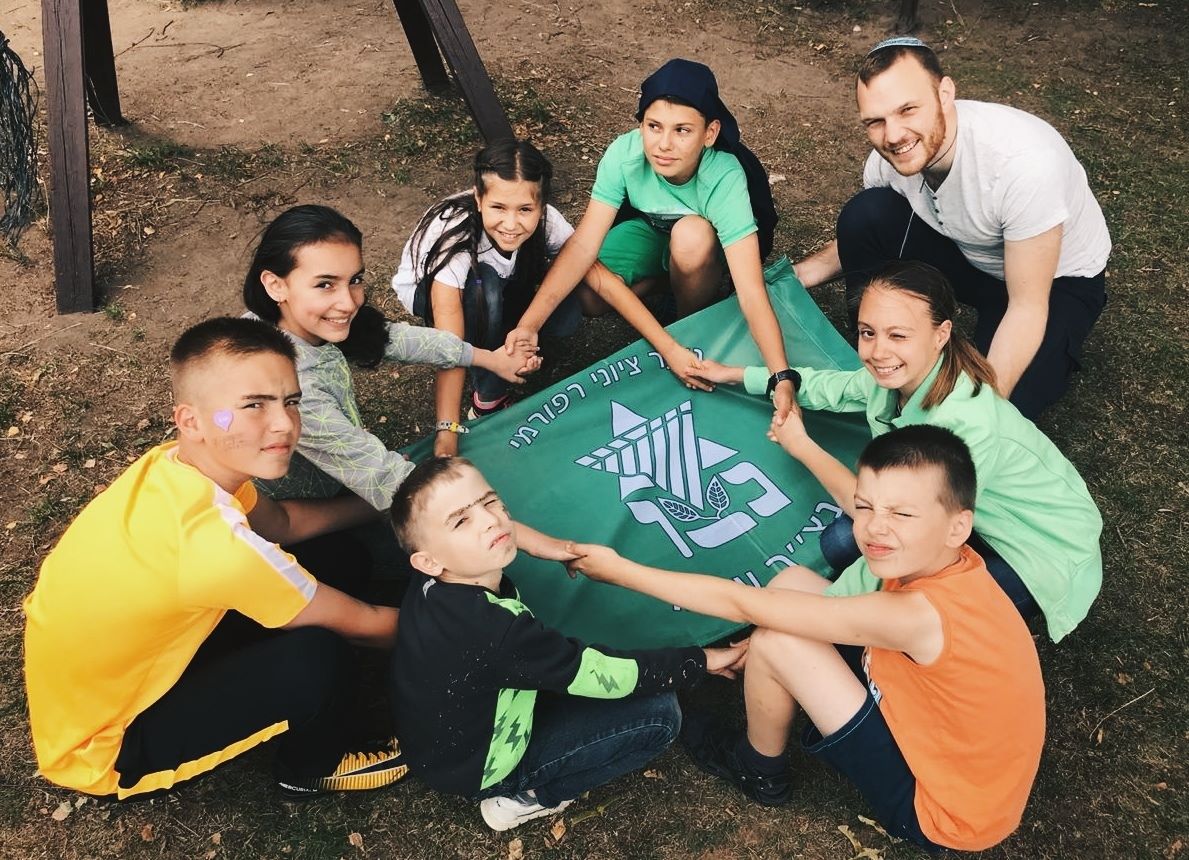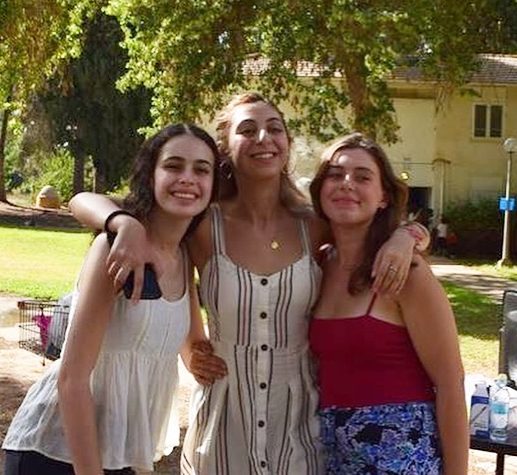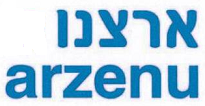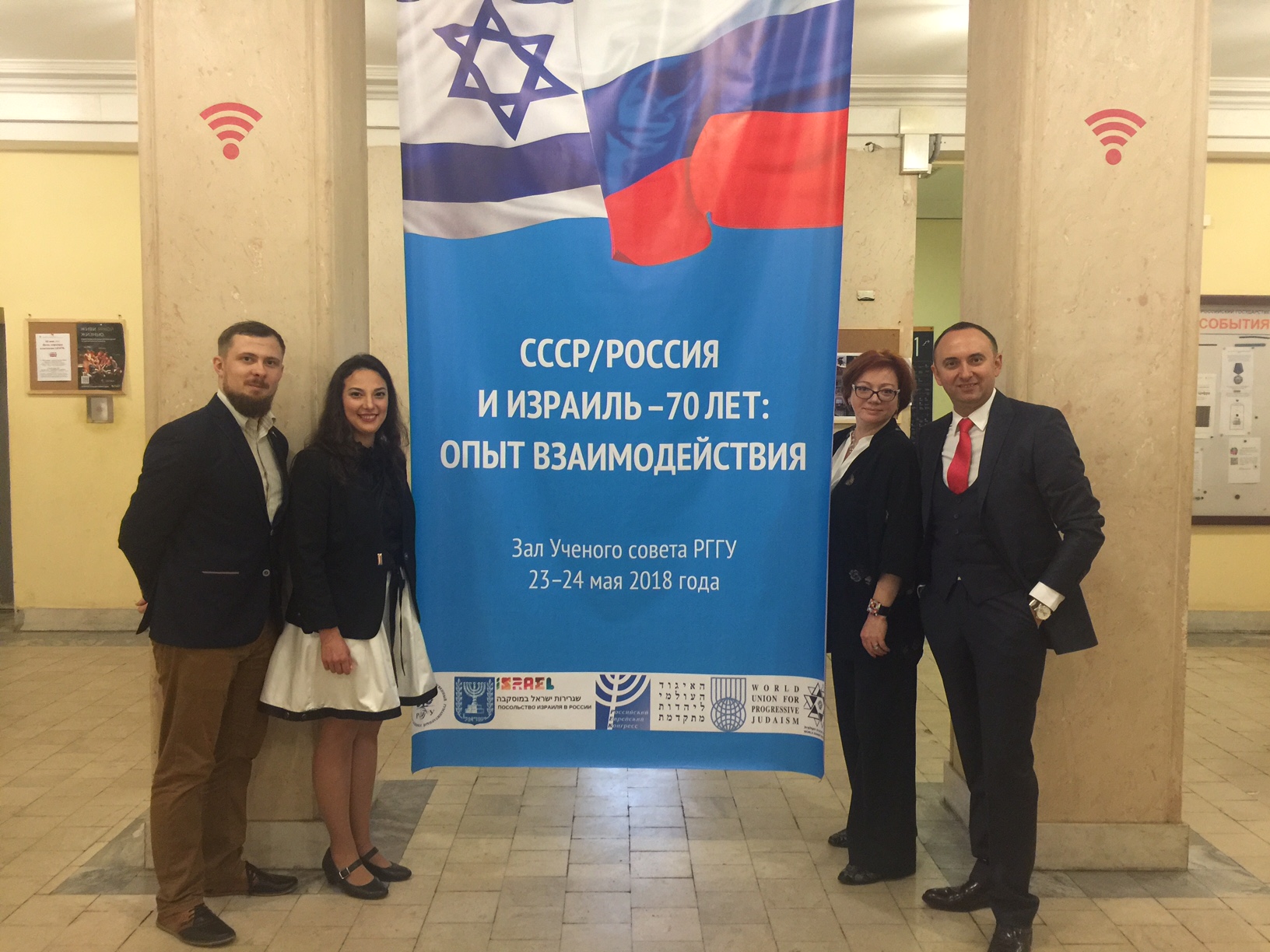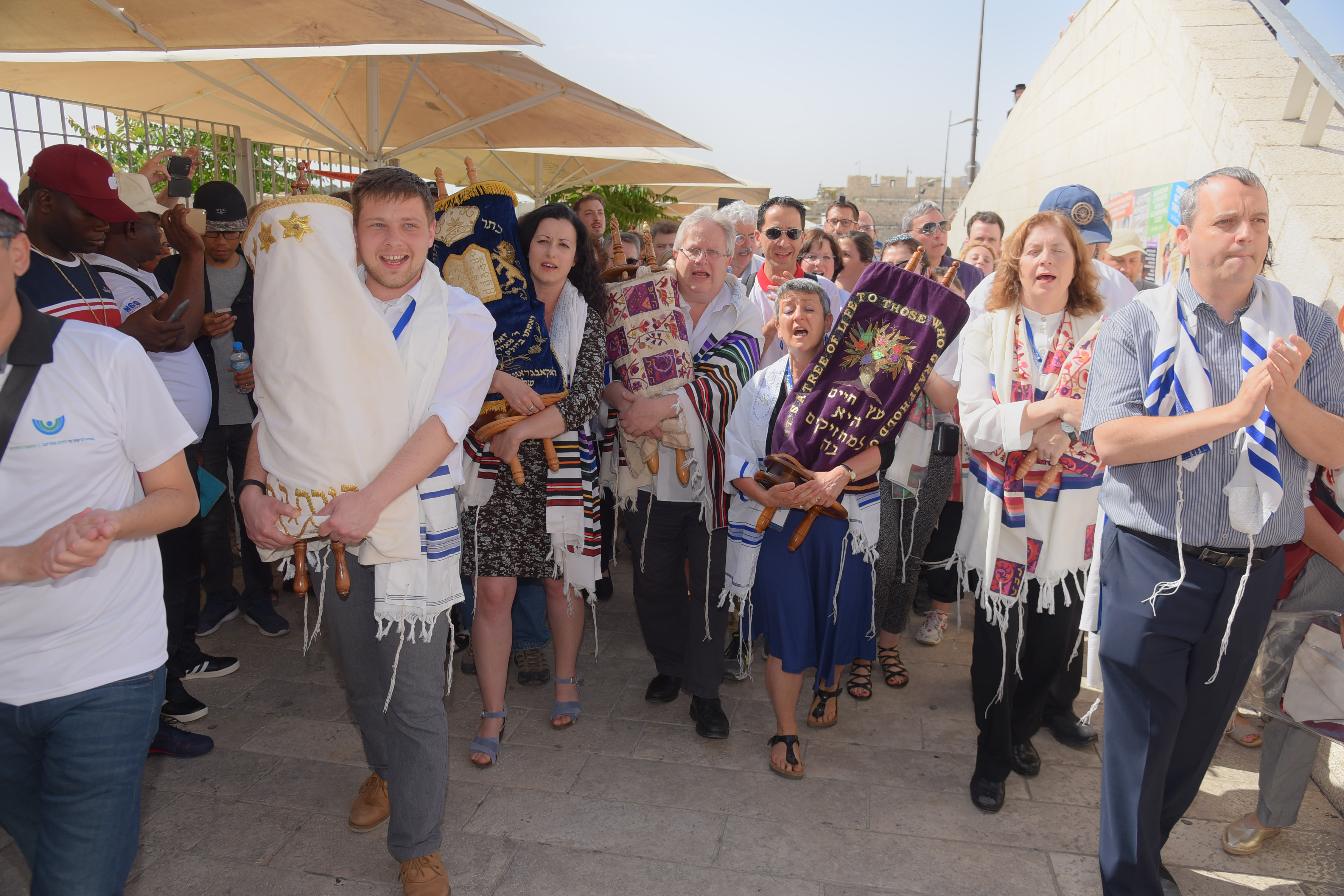As their MASA program in Israel, “Reform – Your Personal and Professional Future,” came to a close, students from the Former Soviet Union spent the afternoon touring the Jerusalem neighborhood of Rehavia
On the morning January 27th, 2019, International Holocaust Remembrance Day, members of Kehilat Natan-Ya, in Netanya Israel, woke up to discover their sanctuary was not only broken into but vandalized in a terribly cruel and destructive manner
eida Olami, the global summit of Netzer leadership, took place on January 15 – 20 at Beit Shmuel in Jerusalem. The Veida is convened annually as the governing body of Netzer to share best practices in young adult education, leadership, Israel engagement, as well as provide a global networking opportunity.
A lifetime of Jewish connections in one summer! The WUPJ 2018 Youth Camping Report highlights the impact of our international camping movement throughout the world, featuring statistics and locations of summer camps, counselors in key countries around the world!
In 2018, Netzer Olami introduced a new focus for Shnat Netzer participants increasing the partnership between participants of Shnat Netzer and Shnat Sheirut (pre-army volunteer program of Noar Telem, Israel’s Reform Youth Movement). Throughout the year, participants of both young leadership programs met for joint activities and discussions in an effort to build connections between them. This added focus received great feedback, leading to stronger social and ideological relationships among all involved.
FOR IMMEDIATE RELEASE ARZENU, representing Reform and Progressive Religious Zionists around the world and in Israel, congratulates longtime friend of our Movement Isaac Herzog on his unanimous election to the post of Chairman of the Jewish Agency of Israel. Mr. Herzog’s appointment reflects the deep concern of the Jewish Zionist leadership […]
On May 23-24, the World Union for Progressive Judaism (WUPJ), the Institute for Modern Jewish Studies and the Russian State University of Humanities (RSUH) in Moscow, in cooperation with The Department for Diaspora Activities, the Department for Zionist Activities in Israel and Combatting against Antisemitism of the World Zionist Organization (WZO) held a momentous academic […]
On September 19, while visiting New York to speak at the United Nations, Israeli Prime Minister, Benjamin Netanyahu, accused the Reform and Conservative movements in Israel of using their partnership in the Western Wall agreement as a clandestine way to gain recognition. The World Union, along with its regional affiliates, responded to his charges with the following statement.
The World Union’s Beit Shmuel Conference Center in Jerusalem was recently scheduled to host a conference by Israel’s Ministry of Health. Within 24 hours of the conference’s scheduled opening, MK Yaakov Litzman, Minister of Health and member of the Ultra-Orthodox United Torah Judaism party, cancelled the conference because of its association with Reform Judaism. The […]
“Let this land be given to your servants as a heritage; do not take us across the Jordan.”(Bamidbar 32,5b). This is what two and a half tribes ask of Moses as the people of Israel are getting ready to cross over the Jordan River and conquer the promised land. Why would they ask to stay on the eastern side of the Jordan valley? They have the explanation in the first phrases of the portion Matot:
